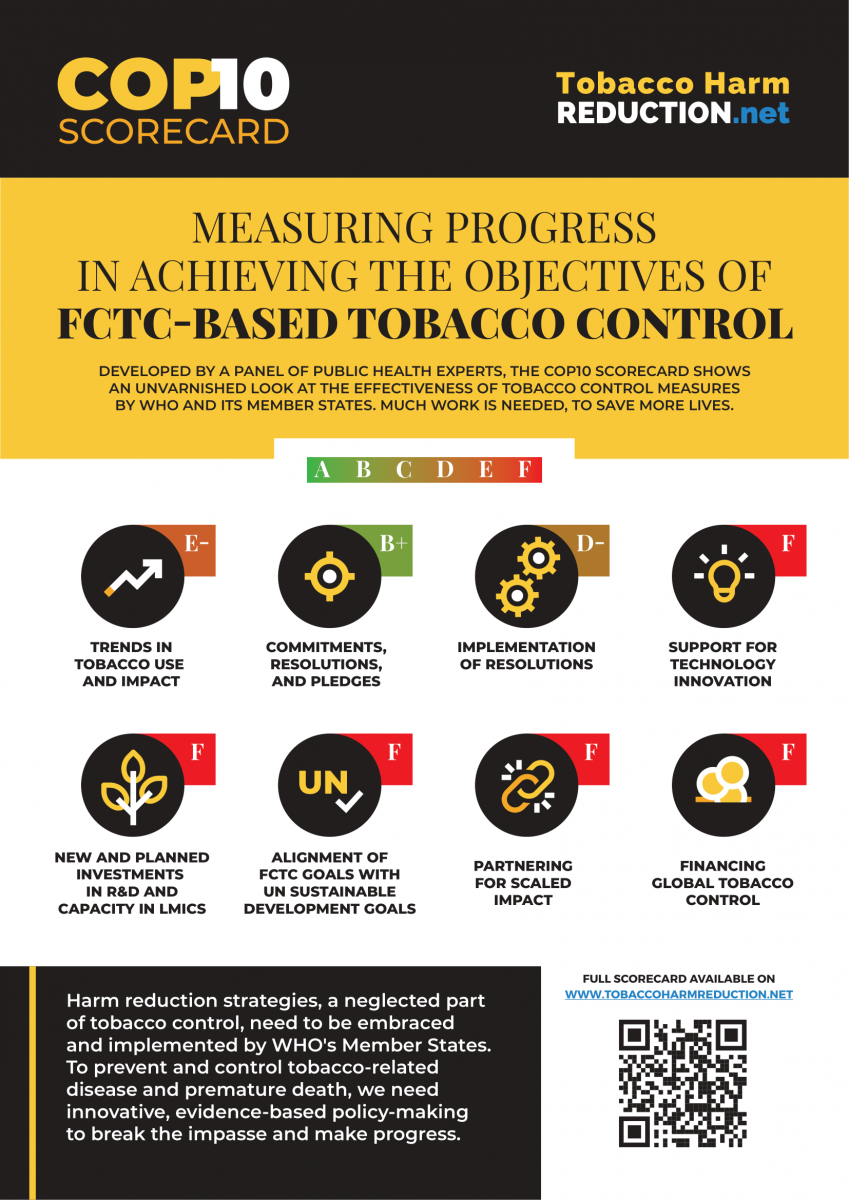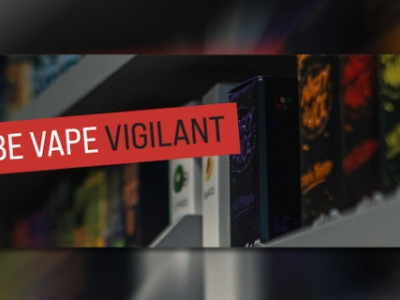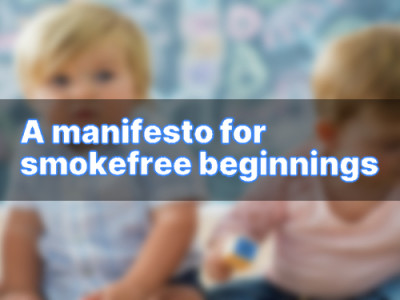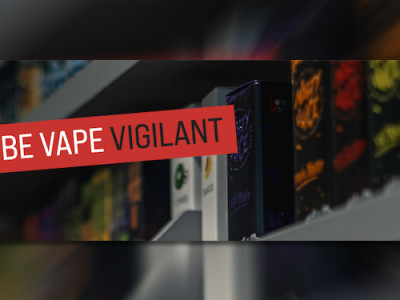The authors say: “We were inspired by the recent report card published by the Economist on the eve of COP28 held in the UAE. Our scorecard aims to help Parties and civil society decide whether they believe that the FCTC is on track to end smoking and the use of toxic smokeless tobacco products in the fastest possible time, noting that many millions of lives are at stake. We believe that our Scorecard contributes to holding WHO and Parties accountable for taking actions, that they have committed, to by adopting and ratifying the FCTC.”
The WHO scores worst for:
Support for technology innovation
“The FCTC includes harm reduction strategies (THR) in the definition of to- bacco control, under Article 1(d). The importance of research is highlighted in several places. Despite this, and in the face of rapid industry-led innovation, the progress reports only refer to THR in negative terms and do not reference for example, the recent authorization of all THR categories by the US FDA as being “appropriate for the protection of public health”. Evidence shows that countries, where smoking is decreasing fastest, occur where THR use is increasing and displacing cigarettes and that the quality of evidence related to reduced exposure, reduced harm and modelled long term benefits of THR has strengthened rapidly.”
New and planned investments in R&D priorities and capacity in LMICs
“Twenty years after the adoption of the FCTC, there is still no FCTC-supported list of priority research areas, including those needed to assess the benefits and risks of THR. Funding for research is heavily concentrated in the USA, UK and to a limited extent, the EU. This means that priorities are set outside of the LMICs, and policy implications are imposed on them. The lack of investment in research is mirrored by the weak capacity for research in LMICs, limiting the development of science-informed policymakers.”
Alignment of FCTC goals with UN sustainable development goals
“The COP28 United Nations Climate Change Conference (Dubai, 30 November 2023 to 10 December 2023) brought heads of state, leaders of industry, and a diverse range of non-profits to the UAE. COP28 elicited major funding and policy decisions from governments, leading oil and gas companies, and a wide range of corporations. Against this backdrop, it is striking that COP10 reports show virtually no progress in addressing climate change by supporting tobacco farmers in LMICs’ transition to food and other crops, in cutting tobacco and THR waste, and in transitioning away from using tobacco-derived nicotine and into synthetic nicotine, despite this shift being associated with a massive reduction in Greenhouse gases, water and land use.”
Stakeholder Engagement & Partnering for scaled impact
“The exclusion of industry and leading harm reduction scientists, industry experts, and nicotine users from COP10, with their advanced scientific expertise and/or valid lived life experiences related to ending tobacco use, severely limits the ability of Parties to make fully informed decisions about policies capable of ending smoking in the fastest possible time. Parties draw upon reports and knowledge biased against solutions capable of accelerating declines in tobacco use.”
Financing global tobacco control
“Public health experts estimate that $427 billion is required to meet the gaps between FCTC requirements and their implementation. There is no probability that this level of funding will become available. Alternative approaches drawing upon private sector expertise and finance, are required.”
The authors conclude: “We believe that this Scorecard should be a wake-up call to Member States who are committed to reducing tobacco-related diseases and premature death. In short, to improve the health of their people.”
References:
- THR.net - https://www.tobaccoharmreduction.net/
- The full COP10 Scorecard - https://media.thr.net/strapi/12592c1201d0aa86e70733eb62024ca0.pdf
Dave Cross
Journalist at POTVDave is a freelance writer; with articles on music, motorbikes, football, pop-science, vaping and tobacco harm reduction in Sounds, Melody Maker, UBG, AWoL, Bike, When Saturday Comes, Vape News Magazine, and syndicated across the Johnston Press group. He was published in an anthology of “Greatest Football Writing”, but still believes this was a mistake. Dave contributes sketches to comedy shows and used to co-host a radio sketch show. He’s worked with numerous vape companies to develop content for their websites.
Join the discussion
Be Vape Vigilant Success
The ‘Be Vape Vigilant’ national initiative has exposed more than 100 potential rogue vape traders says the UK Vaping Industry Association
A Manifesto for Smokefree Beginnings
The Smoking in Pregnancy Challenge Group has produced its fourth national report: “A Manifesto for Smokefree Beginnings”
European Parliament Endorses Smoking Cessation Tool
The European Parliament has endorsed vaping as a smoking cessation tool via its Subcommittee on Public Health, according to the World Vapers’ Alliance
Be Vape Vigilant
New national initiative supported by Trading Standards, The Association of Convenience Stores and the wider retail sector calls on retailers, consumers and the wider public to ‘Be Vape Vigilant’












